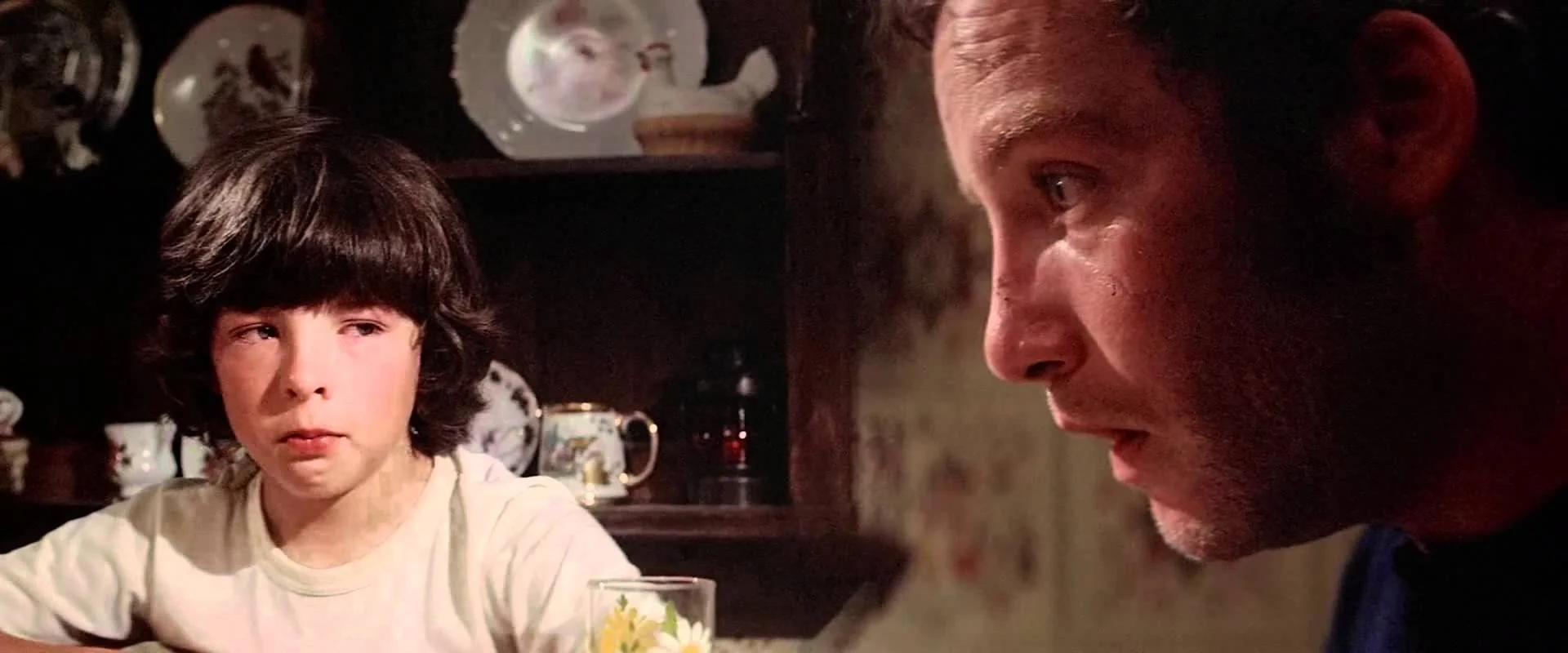Close Encounters of the Family Kind
In “Close Encounters of the Family Kind,” Rick Rekedal explores Steven Spielberg’s masterpiece from a new perspective, through the eyes of Roy Neary’s (Richard Dreyfuss) young son, Brad (Shawn Bishop), watching his father’s mid-life crises derail the only family he’s ever known.
My wife hates the movie Close Encounters of the Third Kind. To her it’s the story of Roy Neary (Richard Dreyfuss) an absent husband who allows his obsession with UFOs to lose his job, ignore his children, take his wife Ronnie (the stellar Teri Garr) for granted, and stand idly back when Ronnie has had enough and takes their children to her sister’s house. Turning his head toward his obsession, the rest of the movie glamorizes Roy’s pilgrimage to Devil’s Tower in Wyoming, linking with another woman, Jillian Guiler (Melinda Dillon), who seems to understand the pull of the alien obsession. We never see Ronnie or the children again. Instead, when Roy finally walks on to the alien ship to leave planet Earth, he says his goodbyes to Jillian, the new woman in his life, who watches Roy with unbridled admiration as she clutches her own little boy, just returned to her by the aliens. Her little boy is fatherless, just like Roy’s own son Brad. Both sons in this story have been abandoned by their dads.
I feel a little differently about this film than my wife Vicki. It’s young Brad that I think about the most when I watch this story, one of my all-time favorite movies and, in my view, Spielberg’s masterpiece.
The first hour of the film is a cacophony of information. Huge tribes around the world are obsessed with the same strange song. The great French filmmaker François Truffaut, Spielberg’s idol, plays Dr. Lacombe, the sensitive and smart UFO researcher who eventually puts the pieces together of what these aliens are doing and how the human race might connect with them. We watch Roy spiral between his family and his irresistible obsession. The clearest exchange we see between Roy and his son Brad are over an argument whether to see Pinocchio; a small marionette of Pinocchio can also be seen among Roy’s stuff, a glimpse into Roy’s sense that with everything he has, he’s still dissatisfied, not yet the real boy he once dreamed of becoming.
…
Continue reading this article at THE PORCH MAGAZINE

